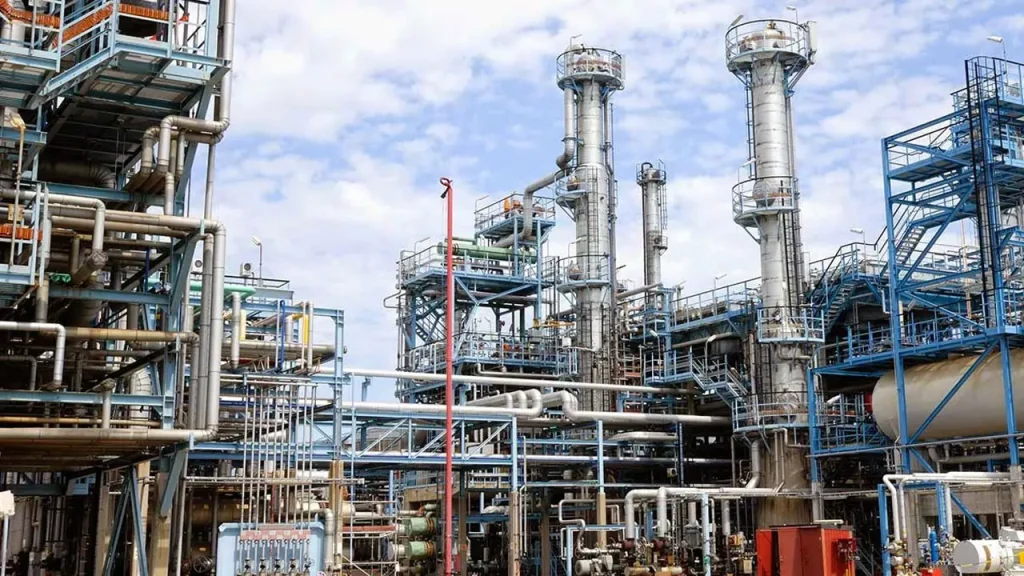CurrentReport Blog The Nigerian Senate has raised significant concerns over the $1.5 billion approved in 2021 for the turn-around maintenance of the Port Harcourt Refinery, noting the lack of substantial progress.
Senator Opeyemi Bamidele, Chairman of the Senate Ad Hoc Committee to Investigate the Alleged Economic Sabotage in the Nigerian Petroleum Industry, highlighted these concerns during an interactive session with stakeholders on Wednesday in Abuja. Bamidele, who also serves as the Senate Leader, criticized the poor management of public enterprises in contrast to the thriving private sector.
Recalling the Federal Executive Council’s (FEC) approval for the refinery’s rehabilitation, Bamidele lamented the continued dysfunctional state of Nigeria’s government-owned refineries despite the substantial investments.
“The federation is undergoing a truly challenging period. The distribution and supply of refined petroleum products have been irregular and problematic in the recent history of our fatherland,” Bamidele said. He pointed out that the persistent long queues at filling stations underscore the ongoing crisis in the petroleum supply chain.
He further criticized the nation’s heavy reliance on imported refined petroleum products despite Nigeria’s significant crude oil contributions to the global market. “A situation whereby we now depend almost entirely on the importation of these products even when we daily supply the global oil market about two per cent of its crude oil requirements is worrisome,” he added.
Bamidele also expressed grave concerns about the importation of hazardous petroleum products and the influx of substandard diesel into the country. He noted that since 1999, successive administrations have invested billions of dollars in maintaining and revamping state-owned refineries in Kaduna, Port Harcourt, and Warri, yet these facilities remain non-functional.
This ongoing issue raises critical questions about the effectiveness of the investments and the accountability of the entities involved in the maintenance and operation of these key national assets.












